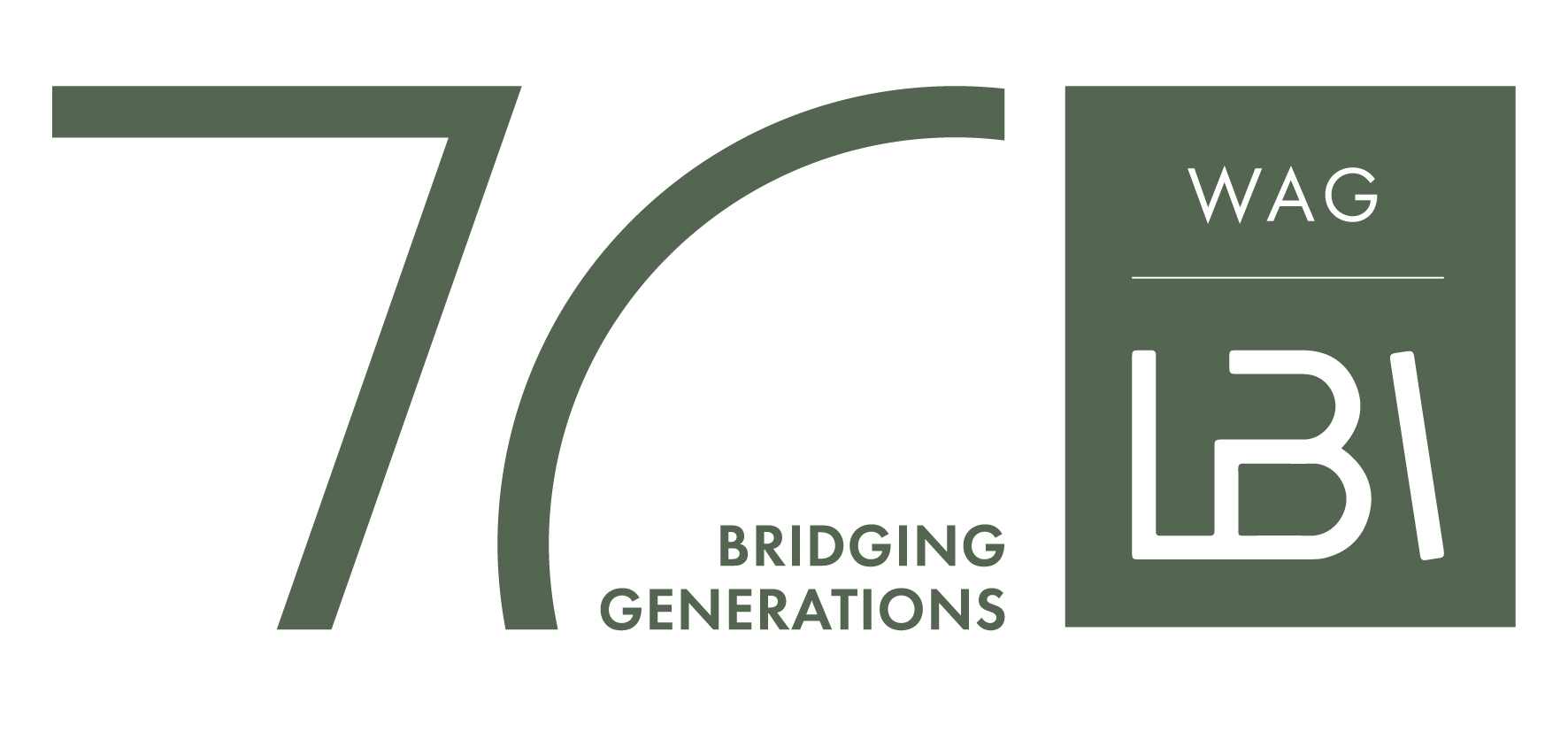Call for Papers
Seventh Junior Scholars Conference in Jewish History
“Diaspora and Debris.
Material Culture in German-Jewish History”
Washington D.C., April, 25-28, 2023
Conveners: Co-organized by Anna-Carolin Augustin (German Historical Institute Washington DC), Mark Roseman (Indiana University Bloomington), and Miriam Rürup (Moses Mendelssohn Centre for European-Jewish Studies, Potsdam), with additional support from the Wissenschaftliche Arbeitsgemeinschaft des Leo Baeck Instituts
Deadline: December 15, 2022
We invite proposals for papers to be presented at the Seventh Junior Scholars Conference in Jewish History to take place at the Institute of the German Historical Institute (GHI), Washington DC in April 2023. We seek proposals specifically from postdoctoral scholars, recent PhDs as well as those in the final stages of their dissertations.
The aim of the conference is to bring together a small transatlantic group of junior scholars to explore new research and questions in Jewish history. Over two days the participants will give short presentations on their individual research projects and engage in discussions on sources, methodology, and theory in order to assess current and future trends in the modern history of Jews in Europe, the Americas, and beyond.
By looking at objects of German-Jewish diasporas, the conference will focus on the intersection between material culture and Jewish history. For some years now, the cultural studies driven ‘material turn’ has encouraged the use of artifacts – objects, libraries, archives, etc. – as historical sources. For its part, Jewish history has increasingly turned to topics and methods related to material culture, especially in the context of Jewish migration/transit, exile, global diasporas, and Holocaust studies. Jewish childhood studies and women’s history incorporate the analysis of material objects as do studies on Jewish consumer cultures. For the German-Jewish diasporas, there is the additional crucial question of the fate of European Jewish material culture after the Holocaust. Ongoing public debates on the looting of artifacts in different historical contexts as well as their restitution (or repatriation) emphasize the connection between restitution and historical memory and reinforce the need for, and benefit of, so-called ‘object biographies’. For historians of German-Jewry, Jewish museums, archives and collections as material repositories of knowledge have proven increasingly important scholarly resources. Provenance-research projects as well as the digitization of objects – meaning online object databases that make thousands of items in storage accessible to the public – exemplify and support such scholarship.
We would like to explore the benefits (and challenges) of intertwining material culture and Jewish history as it relates to German-Jewish diasporas. Based on case studies that combine Jewish history with a material-culture approach in a very broad sense, we want to identify key approaches and topics of the field. Areas of specific focus could include but are not limited to:
– Methods: How to write Jewish History using artifacts: Lessons learned from Jewish “objects of (German-Jewish) diaspora”. Do objects tell us different stories?
– The question of contested heritage: How to deal with (German-)Jewish material heritage?
– Jewish history and provenance research: What is the relationship between the two disciplines? Looting, translocating, and restituting Jewish artifacts in Jewish History
– Exile Studies and traveling things: The migration of objects and “Dinge des Exils” (Schloer/Bischoff) instances of transfer, movement or dislocation of cultural property in the course of war, robbery, migration, trade and political upheaval
– Exhibiting Jewish History and objects’ stories: Museum studies, history and memory, identity and art
The workshop language will be English. The organizers will cover basic expenses for travel and accommodation.
Please send short proposals (750 words max.) and a one-page CV to Susanne Fabricius (fabricius@ghi-dc.org) by December 15. Successful applicants will be notified by the end of the year.

Comments are disabled.